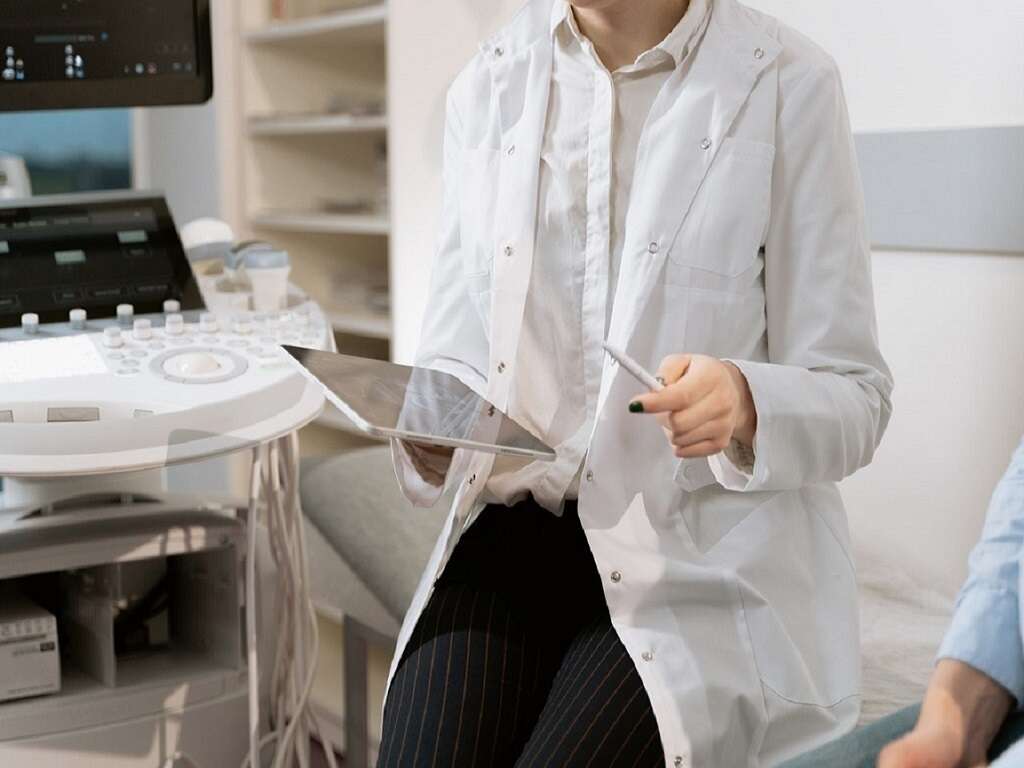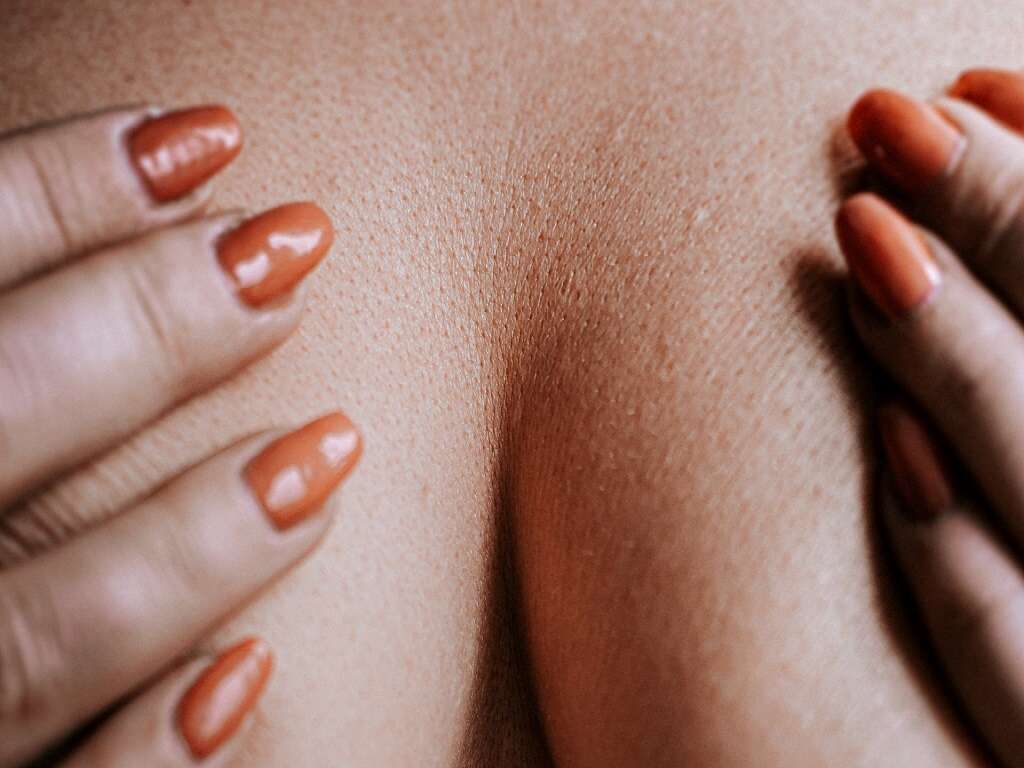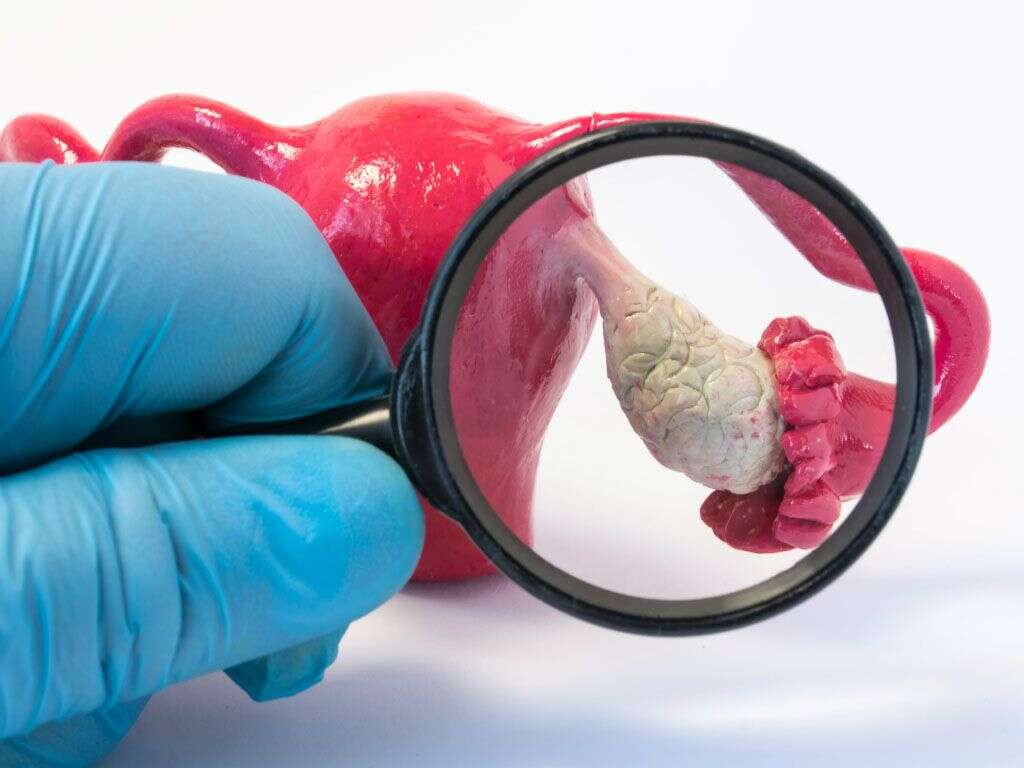What Is Vulvar Cancer?
Cancer is a disease that we have yet to learn to cure. Even though many types can be treated, or even cured if caught soon enough, many others are still likely to be fatal. How dangerous they are depends on factors like where they are located and whether or not they have spread to other parts of the body.
No part of our bodies is completely safe from cancer, not even the most intimate parts. One intimate part of our body that can develop cancer is the vulva. It is often treatable if it is caught in time, but it can also be deadly if it is not.
1. Vulvar Cancer
The vulva is the outer part of female genitals. It is made of fatty tissue that helps to protect the delicate parts of the genitals, while it is also packed with nerves, which helps to provide pleasure during sex. As with so many other parts of the body, patients can develop cancer of the vulva.
Cancer of the vulva can happen in people of all ages, but it is more likely to be found in older people. The condition can cause some rather unwelcome symptoms, and it can also be dangerous if it is not treated in time. It is often relatively easy to treat provided it is caught early on, however.
2. Causes
Cancer is caused due to mutations in a cell’s DNA that cause the cell to begin dividing. This causes a mass of tissue to form that is known as a tumor. Tumors will usually be benign, which means they do not spread to other parts of the body. They will sometimes be malignant, however, which means they do spread to nearby tissue, and this is known as cancer.
There are two main types of vulvar cancer, which are vulvar melanoma and vulvar squamous cell carcinoma. In the former type, the cancer begins in the cells in the vulva that produce pigment. The latter type starts in the squamous cells of the vulva, which are flat cells that make up the epidermis
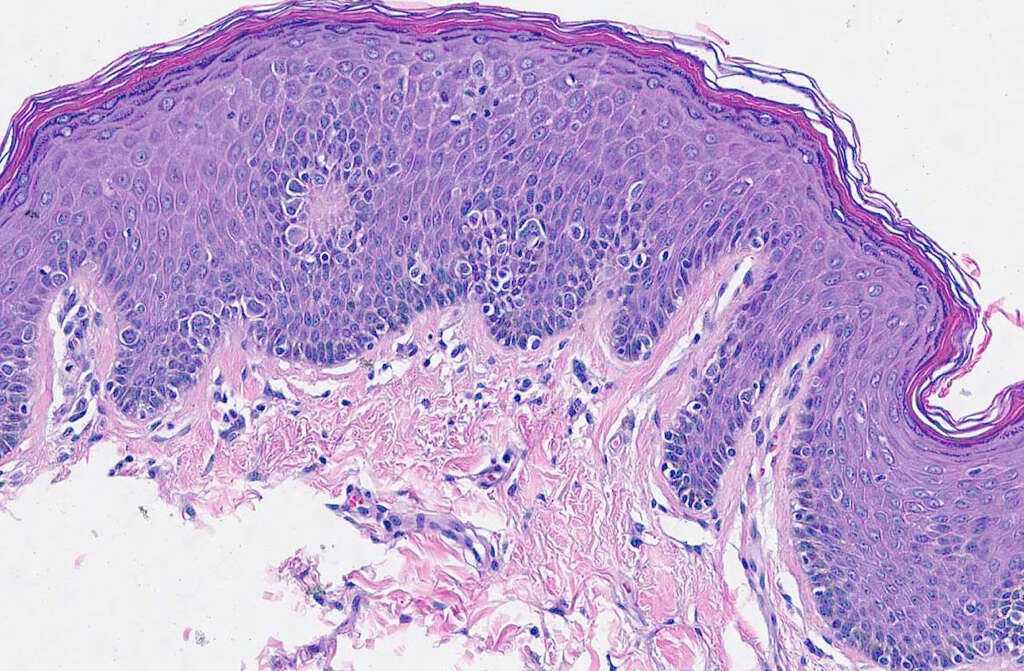
3. Stages
Vulvar cancer is broken down into four stages. The first stage is a small tumor that is found only on the skin of the vulva or the perineum. The second stage of vulvar cancer means that the tumors have grown to other structures close by. These include the vagina, anus, and urethra.
By the time the patient has reached the third stage, the cancer will have spread to the lymph nodes. The fourth stage means that the cancer has spread to the upper sections of the vagina or urethra, or to other structures in the abdomen regions. The cancer may already have spread to other body parts further away.
4. Symptoms
Symptoms of vulvar cancer will typically include itchiness of the vulva, and the itchiness is likely to be persistent. The vulva can also be quite painful and tender to the touch. The patient may also notice that the skin of the vulva has changed. Potential changes include the skin becoming thicker and it may also become discolored.
Vulvar cancer will also sometimes cause ulcers to form on the vulva. Bumps similar to warts may also form, while the patient may also be able to feel bumps in the tissue of the vulva. The patient may also experience bleeding that is not caused by their period.

5. Who’s At Risk?
Pretty much any female can get vulvar cancer, but it is more likely to occur in older people, while people who smoke are also in a higher risk category. Having a skin condition known as lichen sclerosus will also make it more likely that vulvar cancer will develop.
Having had precancerous conditions of the vulva will also make a person more prone to developing vulvar cancer. A weakened immune system will also make somebody more prone and this can be caused by factors like medications that suppress the immune system. Somebody who has had the HPV virus in the past is also more prone to vulvar cancer.
6. Prevention
There is no way to make yourself completely safe from vulvar cancer, but you can take some steps that will help to move the odds in your favor. One of these is to stop smoking which can be beneficial for your health in numerous other ways also. Getting vaccinated against the HPV vaccine will also lessen the risk.
More protection against the HPV virus includes using condoms during intercourse. You will also be safer from vulvar cancer if you have fewer sexual partners, because it would also reduce your chance of catching the HPV virus. Perhaps the best way to prevent vulvar cancer being untreatable is to get checked regularly.
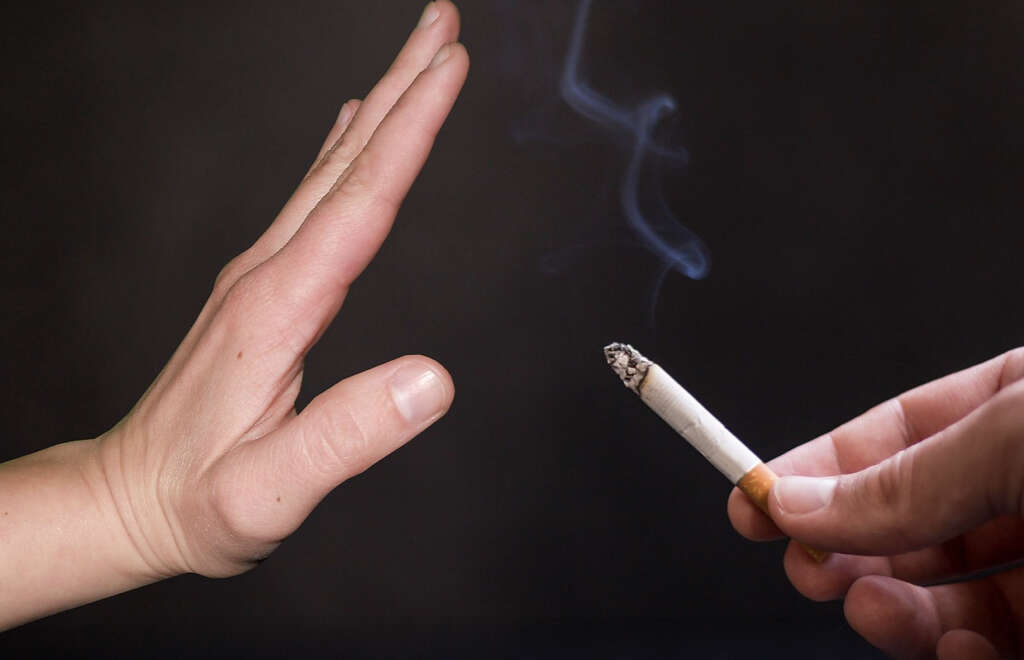
7. Diagnosis
Your doctor will need to ask you about your symptoms, and they may also wish to perform a physical exam of your genital region. This will include a close examination of the vulva to help look for any signs of cancer or other medical conditions, and a specialized device will be used to help them inspect more closely.
If something suspicious looking is found, then a biopsy will likely be taken for further examination. If vulvar cancer is detected then it will be necessary to see how far the cancer has spread. This will include a more thorough examination of the pelvic region, while imaging techniques can also be used to look for signs of cancer elsewhere in the body.
8. Chemotherapy
Chemotherapy is one of the most commonly used treatments for cancer. The treatment involves administering drugs that may be taken orally, although they tend to be given intravenously instead. Chemotherapy is typically used in people for whom the cancer has spread to elsewhere in their body.
Chemotherapy works by helping to kill the cancerous cells, and this will help to at least slow down the progress of the cancer. However, chemotherapy will also kill healthy cells so the treatment needs to be used as sparingly as possible. Chemotherapy is also often used alongside radiation therapy to help make it even more effective.
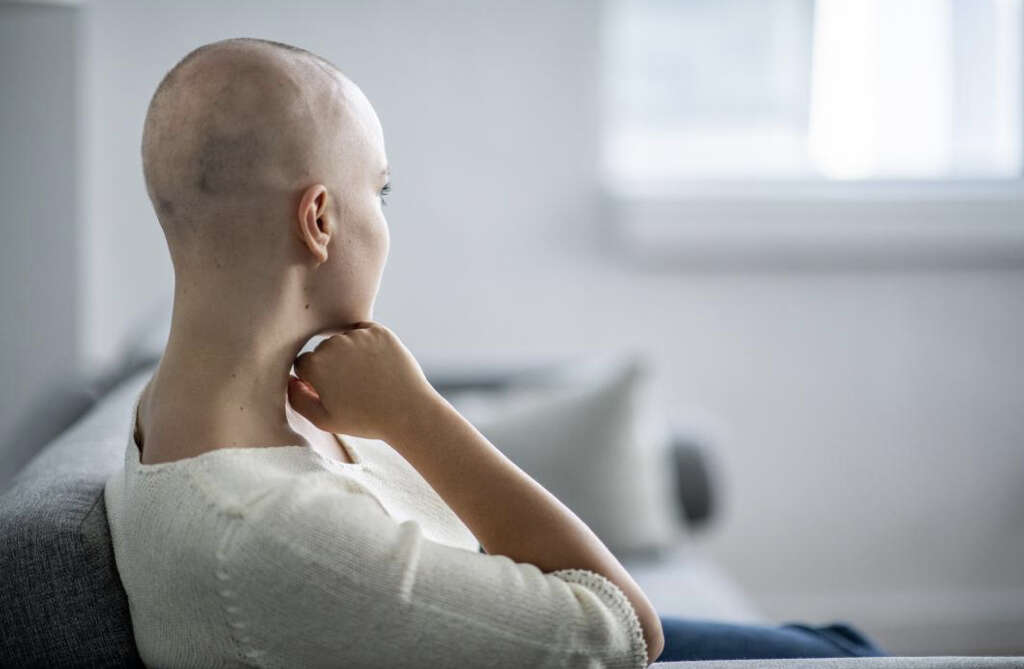
9. Radiation Therapy
Radiation therapy is a cancer treatment that involves using high energy beams that are passed through the patient’s body to help kill cancerous cells. As with chemotherapy, radiation therapy can also cause damage to the patient’s healthy cells so it is only used when deemed absolutely necessary.
The procedure is often performed after chemotherapy because chemotherapy helps to make cancer cells more sensitive to radiation therapy. The intention is often to help make a tumor smaller, which would hopefully then make it easier to remove. This procedure is often performed when the cancer has spread to the patient’s lymph nodes.
10. Surgery
In many cases, doctors will decide that the best course of action is to have the cancerous tissue surgically removed from the patient’s vulva. The extent of the surgery will tend to depend on just how large the cancer is and, as mentioned, other treatment methods may be used first to help make the cancer smaller.
Surgery is also likely to be performed if it’s suspected that the cancer has spread to the nearby lymph nodes. The procedure will usually be performed at the same time the cancerous tissue is removed from the vulva. In some cases, only one lymph node will be removed first, and then quickly tested to see if it is necessary to remove the other nodes.




